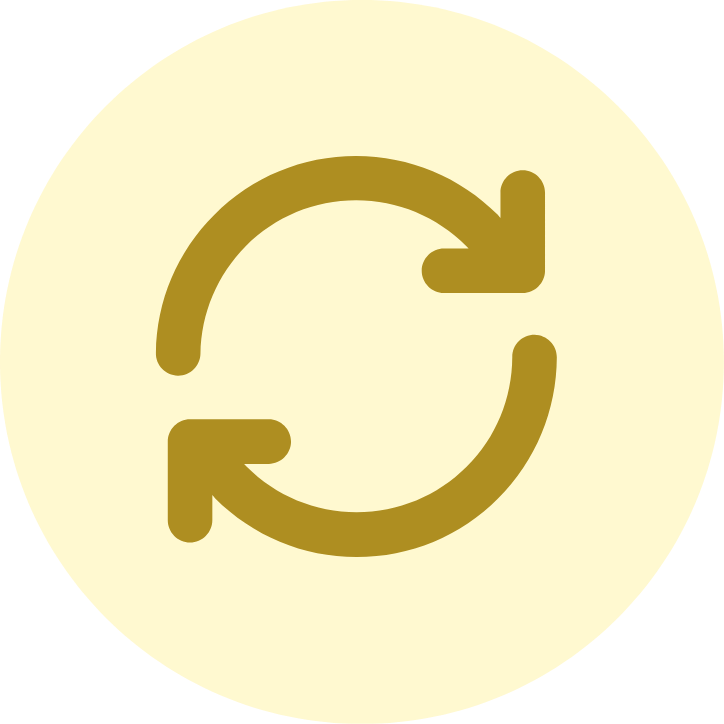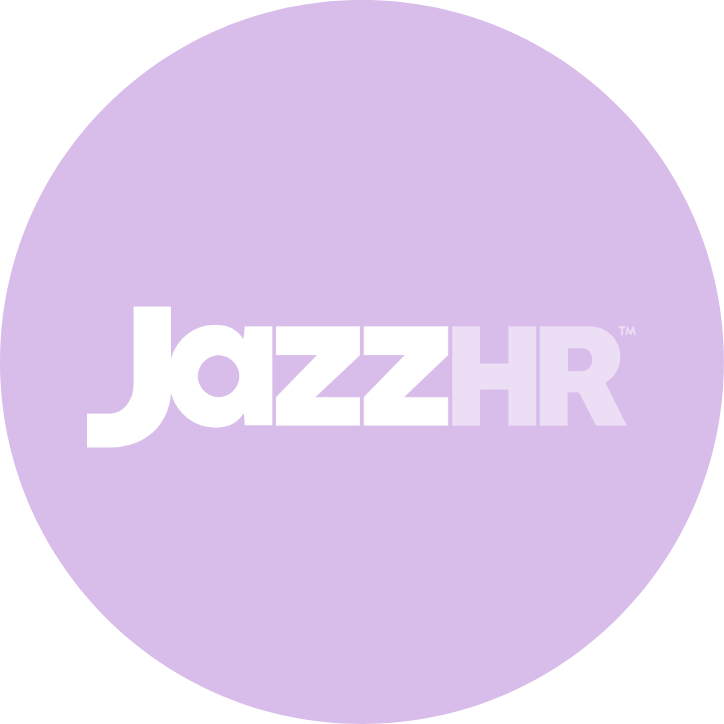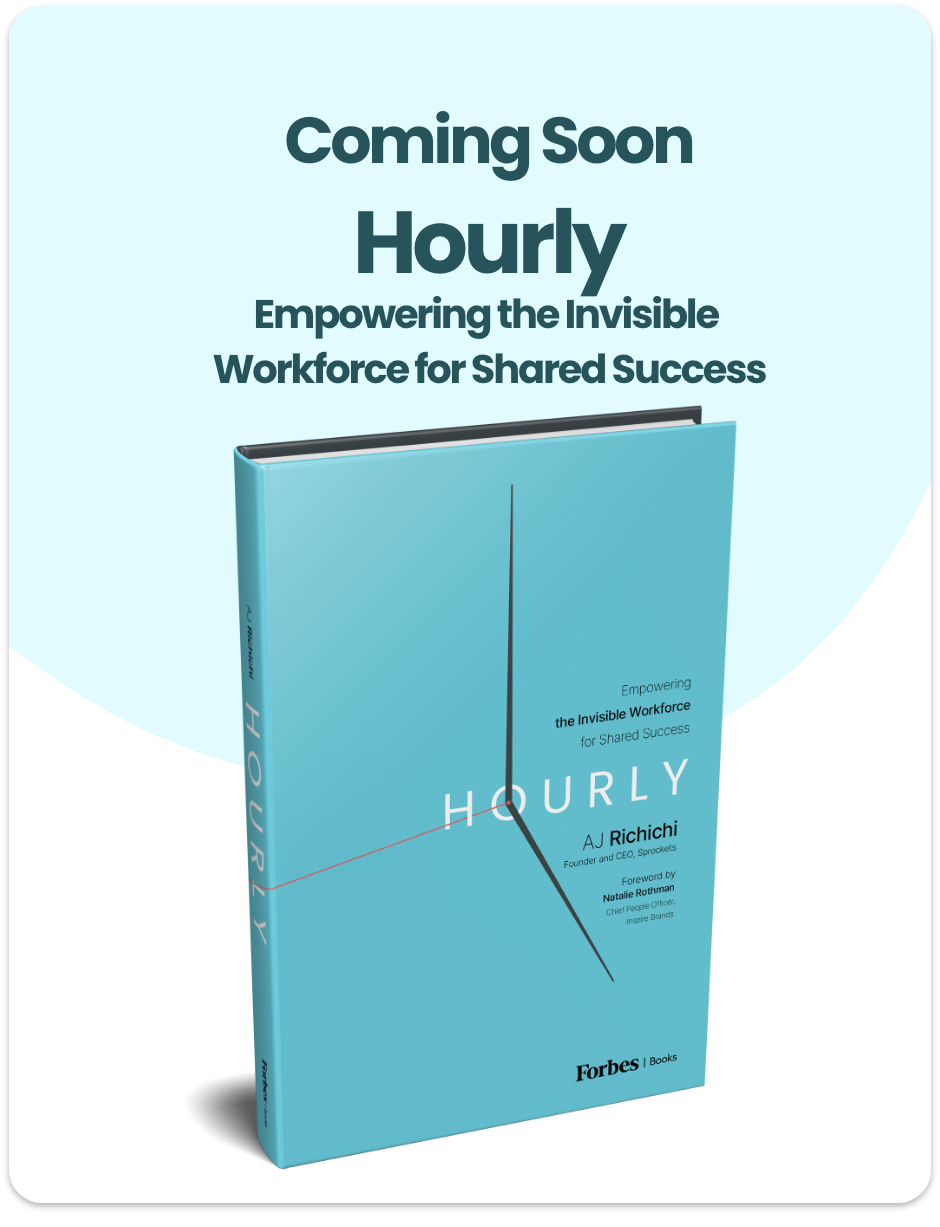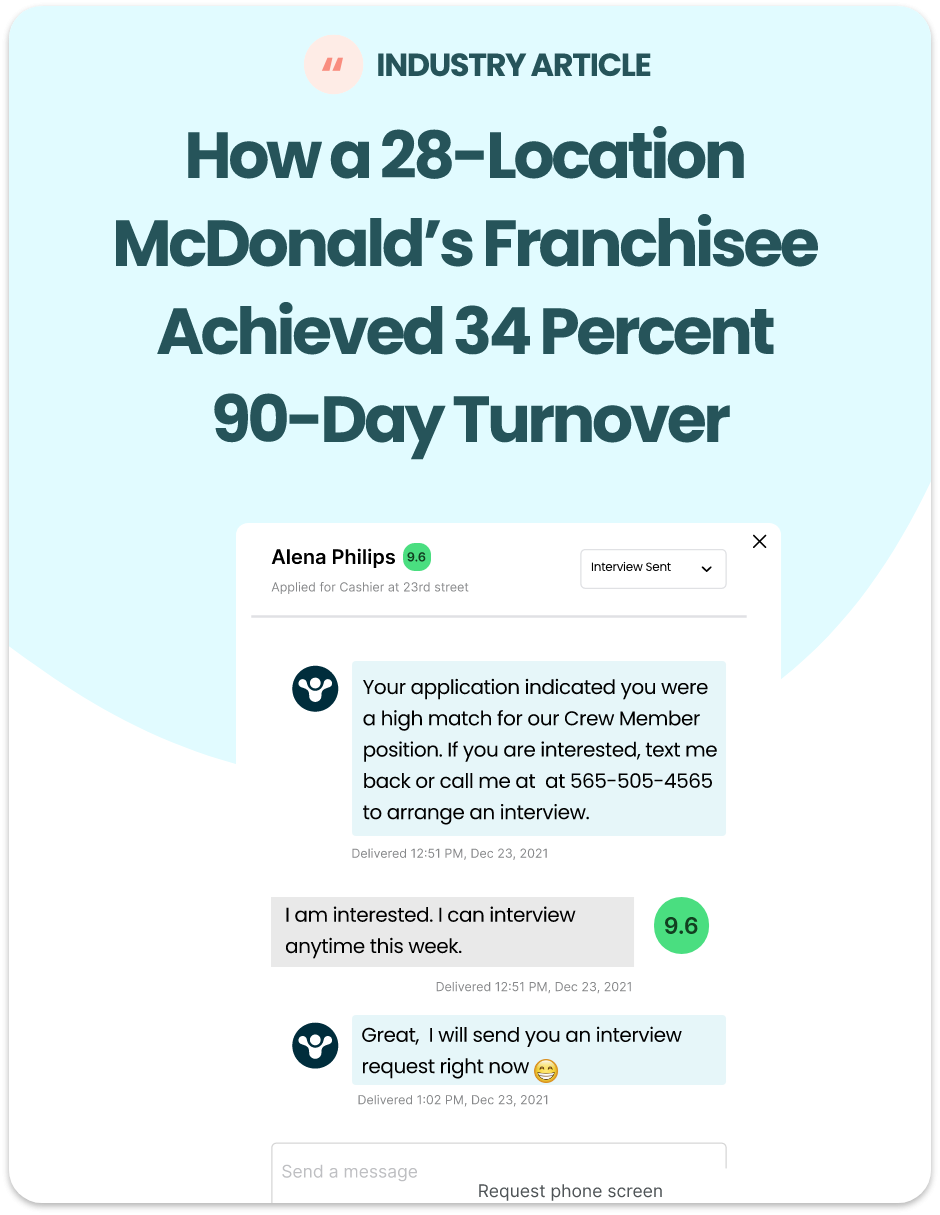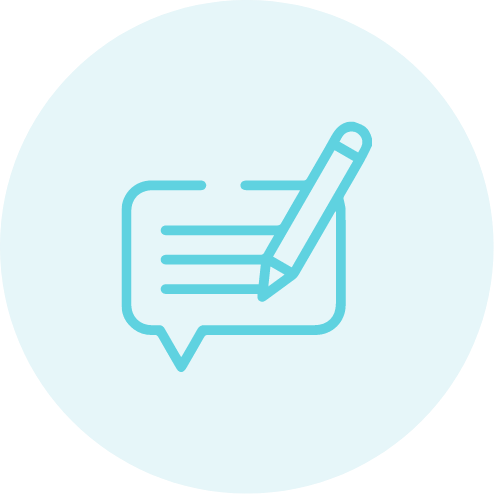Conducting reference checks is applicable whether you are hiring for frontline, managerial, or keyholder positions within your business. Taking the time to conduct reference checks may add an extra step up front, but can save you major headaches down the line. Participating in this hiring step gives you an extra data point on each applicant, including whether they were truthful on their application and how they conduct themselves as an employee.
When you’ve decided you’re going to include reference checks as part of your hiring process, create a standard process. You don’t want to conduct a reference check on every single applicant you get. We recommend conducting reference checks after you’ve conducted in-person interviews and decided which applicants you’re interested in. You should standardize how you ask applicants for references and how you reach out to those references. We recommend asking applicants to supply you with their references after a satisfactory in-person interview. Creating a standard template asking for this information helps streamline your hiring process, which we’ve outlined below.
Email Template to Request References
[Applicant Name],
Thank you for meeting with us today. We enjoyed speaking with you and were impressed by your experience and excitement. As we would like to move you forward in our hiring process, please supply us with three professional references, including name, company, email, and phone number.
Best,
[Hiring Manager Signature]
After you have received the references’ information back from your candidates, it’s time to reach out. Avenues for conducting reference checks include phone calls, emails, and automated surveys. No matter the communication channel you choose, the questions and objectives remain the same. You want to ask questions that dive into how that applicant is as an employee to properly gauge whether they are the right fit for your company – and if they were truthful on their application. Our favorite question, outlined below, is “would you hire them again?”. This really dives into what that reference thinks of them. If they would re-hire them, that’s a great sign. If they are hesitant, be sure to ask why. Someone who wouldn’t commit to rehiring your applicant shouldn’t necessarily rule them out. They may have been not the best fit for that exact position or that company culture.
Questions to Ask During Reference Checks
-When was the person employed?
-What was your relationship to the applicant?
-What was [applicant name]’s job title and responsibilities?
-Can you describe a project you worked on with [applicant name]?
-Would you hire them again?
If you ask these questions over the phone, be sure to pick up on tone. If they say they did a good job on projects, do you sense hesitation? Are they holding back information? Be sure to ask whether there is anything else they would like to add regarding the relevant applicant.
Overall, conducting reference checks should be a staple in your hiring process for frontline employees, keyholders, and managerial staff. Reference checks provide insight into an applicant’s work history, work ethic, and how they are perceived by others in the workplace.
Taking the time may cost you time upfront, but they can save you time and money that bad hires cost your business.


